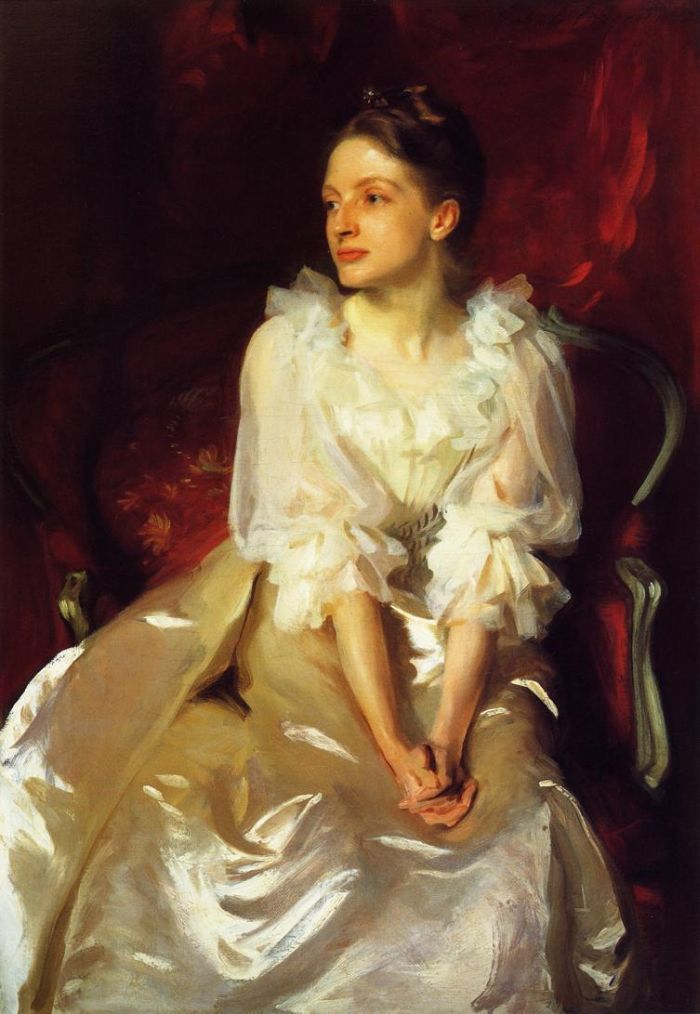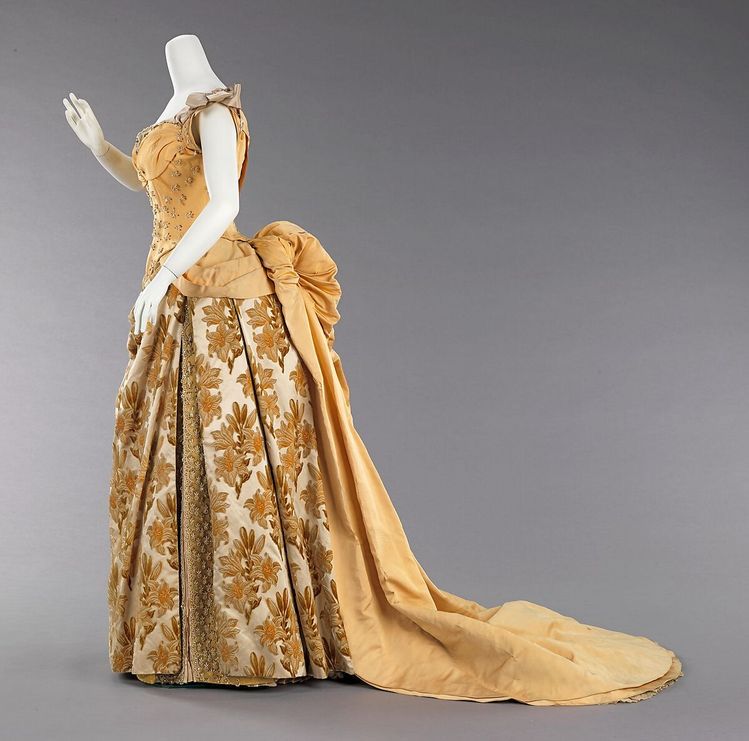Birthday/ Ember Island/ Tea Party
On the first night of the full moon, the Ember Island players were performing at the Kashi Royal Theater.
As its name suggested, the Kashi stood near the river, which formed the farthest limit of Caldera's entertainment district. It was the brighter, shinier rival to the venerable Jiin'noniwa Royal Theater, located a couple of blocks from the palace complex and a holdover from the days when entertainment came to the court rather than the other way around.
While the Jiin'noniwa was as convenient as stepping out into your garden, the Kashi carried a whiff of adventure and romance.
A carriage or palanquin had to navigate the entertainment district's cherry blossom-strewn and lantern-lit streets and compete for space with the rickshaws that gathered like moths under the Kashi's portico. After the play's first act, when the gentlemen grow bored with putting in their obligatory appearances, these rickshaws allow them to sneak off to assignations with geisha mistresses at some nearby tea house. The wives they left behind were free to receive lovers in the privacy of their boxes. So, the audience all too often paid more attention to the love affairs playing out amongst themselves than the ones on stage.

The Ember Island Players were premiering a new play that evening: The Legend of the Pretty Ronin. When Izumi entered the royal box, a step behind her mother, the curtain rose on the first act.
She and Mother had just come from celebrating Ro's birthday. Because of the full moon, they held an intimate family party in the viewing pavilion. Ro went to bed excited with all his presents. The wooden bokken from Mother and Father- now that Ro was ten, he could start taking kendo lessons. The box of rice taffy sent by Lu, who was away at the Royal Military Academy. And Izumi's own present: posters of Ro's favorite Earth Rumble champions, the Bolder, and, of course, Master Beifong, who went by The Blind Bandit.

Father retired to bed after Ro finished opening his presents. "Go without me," he told Mother and Izumi. "I'm just a little tired and I'll feel alright in the morning if I go to bed early."
Mother looked concerned and tried not to worry too much. Izumi hugged Father and promised to tell him all about the play later.
She and Mother took their seats as Musa-San strolled on stage. Musa-San was a popular stock character in contemporary theatre and emblematic of the dissolute young noblemen who'd come of age in the years following the war. The type who spent his days drinking, gambling, chasing women, and driving his honored parents to despair. Though Musa-San was a cad and a fool, he had a good heart and a soft spot for those in distress, especially if they had a pretty face.
"Please don't cry, Miss," Musa-San said. He approached a crying maiden in red, the play's heroine, Lady Akama Tsubaki. "Please tell me what's wrong and how I might help you."
But Lady Tsubaki covered her face with the flowing sleeves of her furisode and continued weeping. "You're wasting your time, Sir. A worthless creature like me doesn't deserve your compassion."
"I doubt that." Musa-San offered her a handkerchief to dry her eyes. She blinked at him for a moment, then accepted it.
Lady Tsubaki's silk furisode was the luscious, jewel-like red color that Izumi loved but wasn't yet old enough to wear. Izumi spread out her skirts. No, she had to be satisfied with her white tulle and pink taffeta.



"I abandoned my husband right after our wedding." Lady Tsubaki dabbed her eyes with the handkerchief. "And caused my friends great pain."
Musa-San gave her hand a reassuring squeeze. "I never heard of a woman leaving a man without a good reason."
Izumi rested her elbow on the plush velvet railing. She turned her eyes from the stage and toward the neighboring box. The entire house was packed, but box four, reserved for the Water Tribe ambassador, was empty. Izumi gave Mother a gentle nudge. Uncle Sokka was "fashionably late," as always, a somewhat annoying trait to a culture as obsessed with punctuality as the Fire Nation, but the family viewed it with teasing indulgence.
"Sokka can't be on time to save his life," Mother said. She hid an irrepressible giggle behind the snowy swan feathers on her fan. "But Suki?"

As Lady Tsubaki told her tale of woe to Musa-San, Mother's diamond tiara, an anniversary present from Father, sparkled in the light from the stage. The tiara was made up of star-shaped diamond clusters with a crescent moon and sunburst in the center, referencing the traditional marriage blessing, "he is the sun, she is the moon. may their joys be as numerous as the stars." Izumi sighed, hoped that she and her future husband would love each other as much as Mother and Father, and continued watching the play.

An actor pushed a soba cart on stage, followed by another actor with a sword on each hip and his hair arranged in a samurai's topknot. The young samurai was Matsunoki Aoi, Lady Tsubaki's jilted husband. Musa-San overhears Aoi describing Lady Tsubaki and asking the soba man if he's seen her. Unable to mind his own business, Musa-San tells them that he's seen Lady Tsubaki, but instead of helping husband and wife reunite, he says that she went in a different direction than she had. He curses Aoi for pining over his dead first wife instead of loving and appreciating Lady Tsubaki; for being chained to the rose-tinted ideal of what might have been instead of embracing the flesh and blood present. Aoi's first wife, reserved, dignified, submissive, and dutifully accepting of an arranged marriage, represented the past and traditional ideas of feminity. Lady Tsubaki, spirited, passionate, willful, and the chooser of her husband and destiny, epitomized the modern woman.
"Those who cling to the past don't deserve the blessings of the future," Musa-San says before exiting the stage. The curtain fell.
Izumi looked up from her program when the door to box four opened with a bang.
Mother tapped Izumi's shoulder. "That'll be your aunt and uncle," she said. Then, radiant in a gown the pale gold color of a candle flame, Aunt Suki entered the box on the arm of a flushed and jolly-looking Uncle Sokka. "We should go see them."


They passed through the red corridor to get to the neighboring box.
"So Izzy, what did we miss?" Uncle Sokka said when Izumi seated herself by his side.
Izumi explained to him what had happened in act one while Aunt Suki made her excuses to Mother for their lateness.
Aunt Suki leaned toward Uncle Sokka. "What do you think?" she said, placing a hand on her husband's knee. "In the next act, will Aoi give Lady Tsubaki a red maple leaf?" Uncle Sokka blushed.
Izumi sighed. She'd heard the story about the red maple leaf her entire life. The first time Uncle Sokka proposed to Aunt Suki, they walked together and admired the maple trees in their scarlet autumn finery. Their beauty entranced Aunt Suki, and she wished it would last forever.
Another lover might have captured this moment for his sweetheart in a poem or painting, but Uncle Sokka had never been much of an artist, and when it came to expressing his sincere feelings, his famous wit always failed him. So all he could do was pick up a fallen leaf and give it to Aunt Suki. Her response, "Am I a caterpillar?" was enshrined in family lore. When Uncle Sokka took her hand and asked her to marry him, she continued the joke, "My poor man, after you've had a butterfly, you'll never be satisfied with a caterpillar who'll never shed her cocoon."
The butterfly was Uncle Sokka's first wife, Yue, who died six months before he and Aunt Suki met.
Uncle Sokka leaned back in his chair. "And why not?" he said. "It'll eventually work." Izumi recalled how Aunt Suki pressed the maple leaf inside a book, giving Uncle Sokka hope that she would come around and accept his proposal. Finally, after two more tries, she did.
A black ribbon was tied around Aunt Suki's throat, with its ends falling down her back. She took one of the ends and twirled it around her finger.
When the curtain rose again, Izumi assumed that the rest of the audience, like her, was holding its breath for Aoi and Lady Tsubaki's reunion.
The scene opened on the grounds of a temple. Lady Tsubaki kneels in front of the grave of Aoi's first wife. She produces a dagger from her obi and removes it from its sheath.
"Pretty bauble," she says. She runs her finger down the dagger's blade. "You're sharp, but I doubt you've ever drawn blood. You and I are both still pristine." Earlier, the audience had been informed through innuendo, which Izumi was mature and sophisticated enough to pick up on, that Lady Tsubaki was still a virgin, having left Aoi before they could consummate their marriage.
Lady Tsubaki shrugged off the upper part of her kimono, leaving her torso bare aside from her breast bindings, and held the dagger to her throat. Aoi finds her and calls out her name, but she gives him a blank look before slicing open her neck. He holds her in his arms as she bleeds out. Her wound spurts out blood as she begs for his forgiveness, and he strokes her hair and offers words of comfort. When Lady Tsubaki's body goes limp, Aoi lays her body on the ground.
"Wait for me, my love," he says. He strips down to the waist and draws his sword.
The curtain falls on him, holding his beloved as he dies.
Izumi blinked. This couldn't be how the story ended. Aoi and Lady Tsubaki should have cleared up their misunderstandings and reconciled, that is, if they weren't such idiots. Their double suicide was melodramatic and unrealistic.
"Izzy," Aunt Suki said when they arrived home and were handing their opera cloaks to a footman. "Come have tea before you go to bed."


Izumi changed into her night dress and dressing gown and went to Aunt Suki's room.
They drank jasmine tea and ate strawberry daifuku from Ro's birthday party.


Aunt Suki still wore the black velvet ribbon around her neck. "You're now old enough to know," she said. She untied the ribbon. It fell away, revealing a faint scar across her throat.
Bạn đang đọc truyện trên: Truyen247.Pro